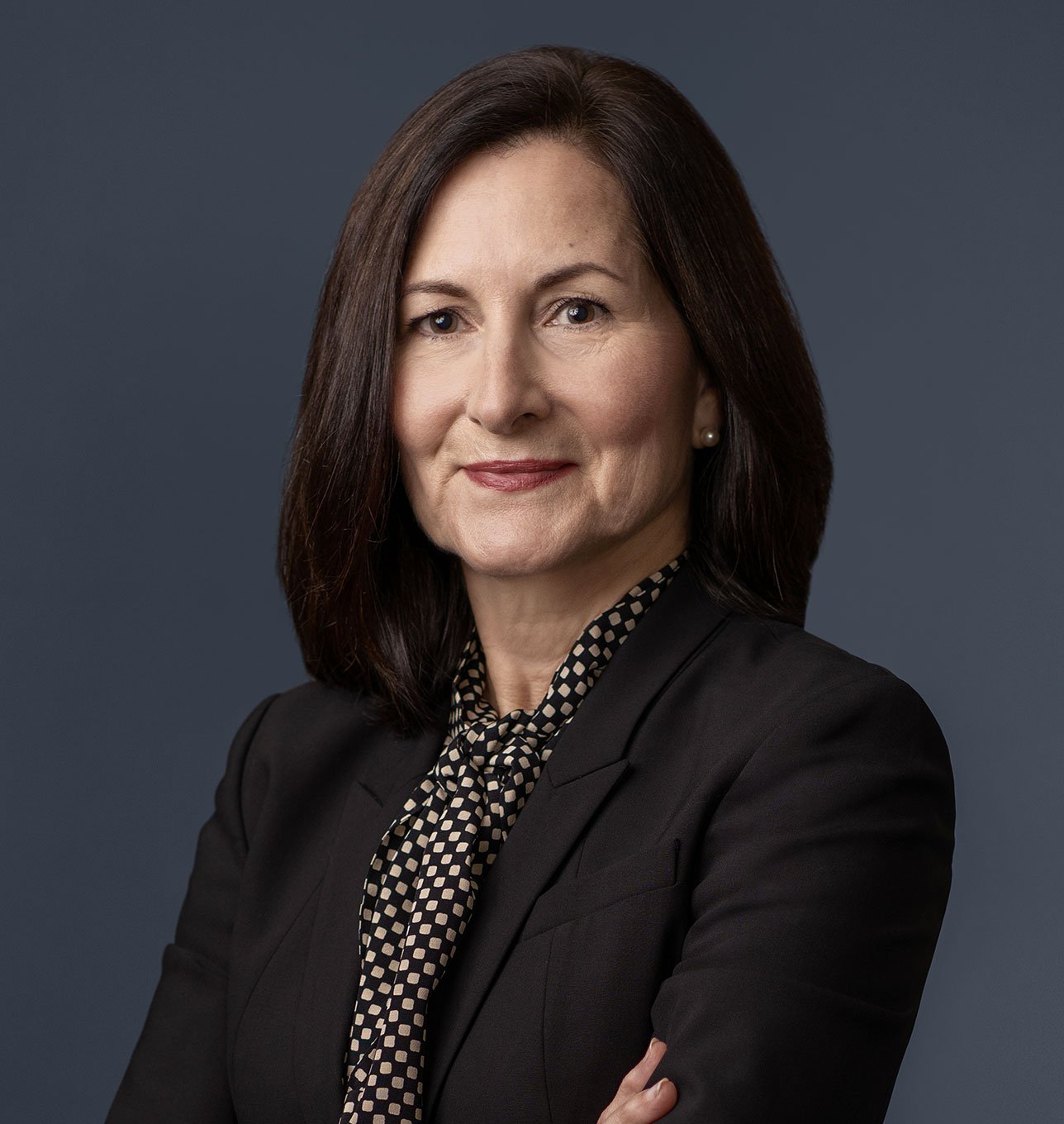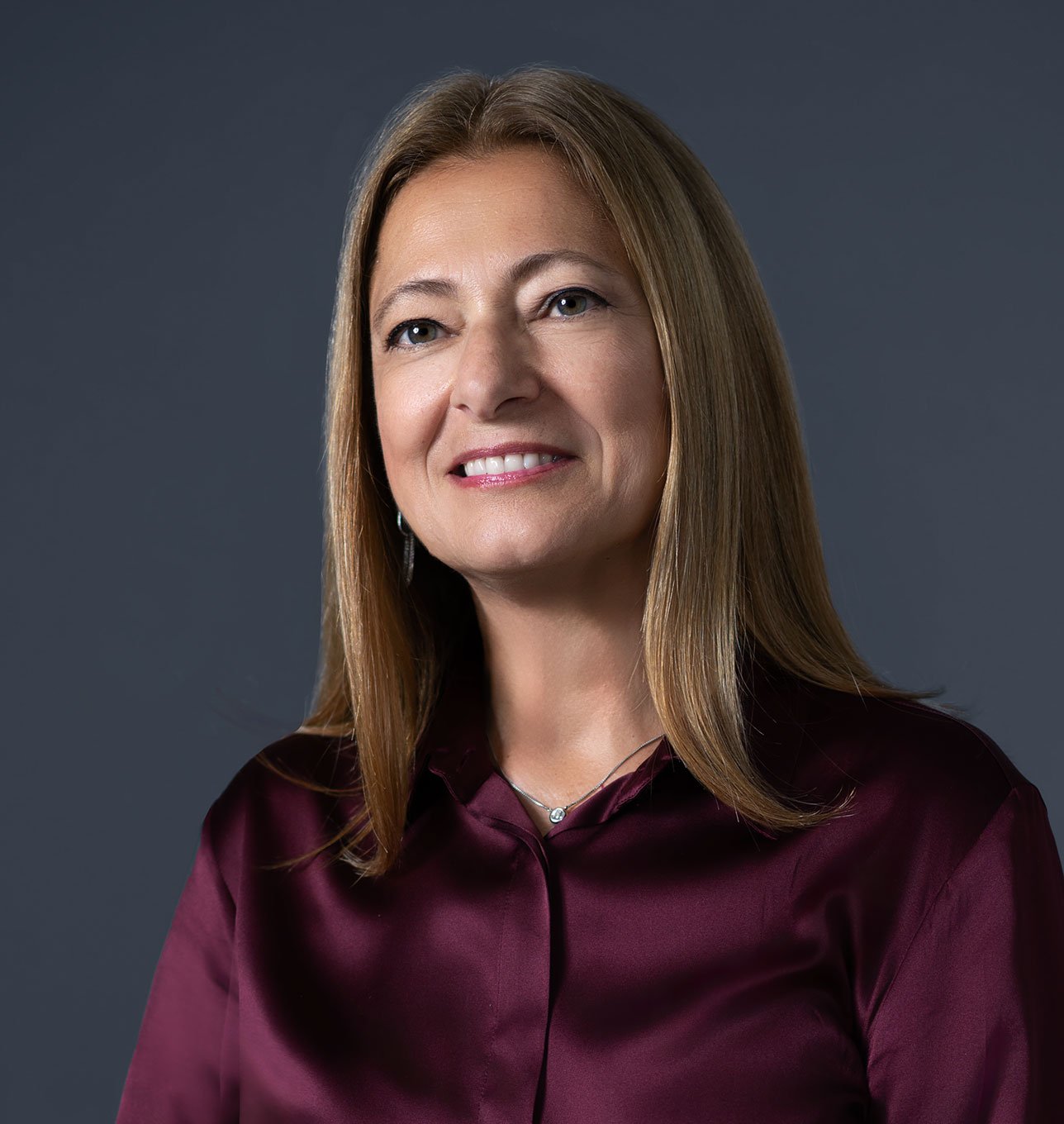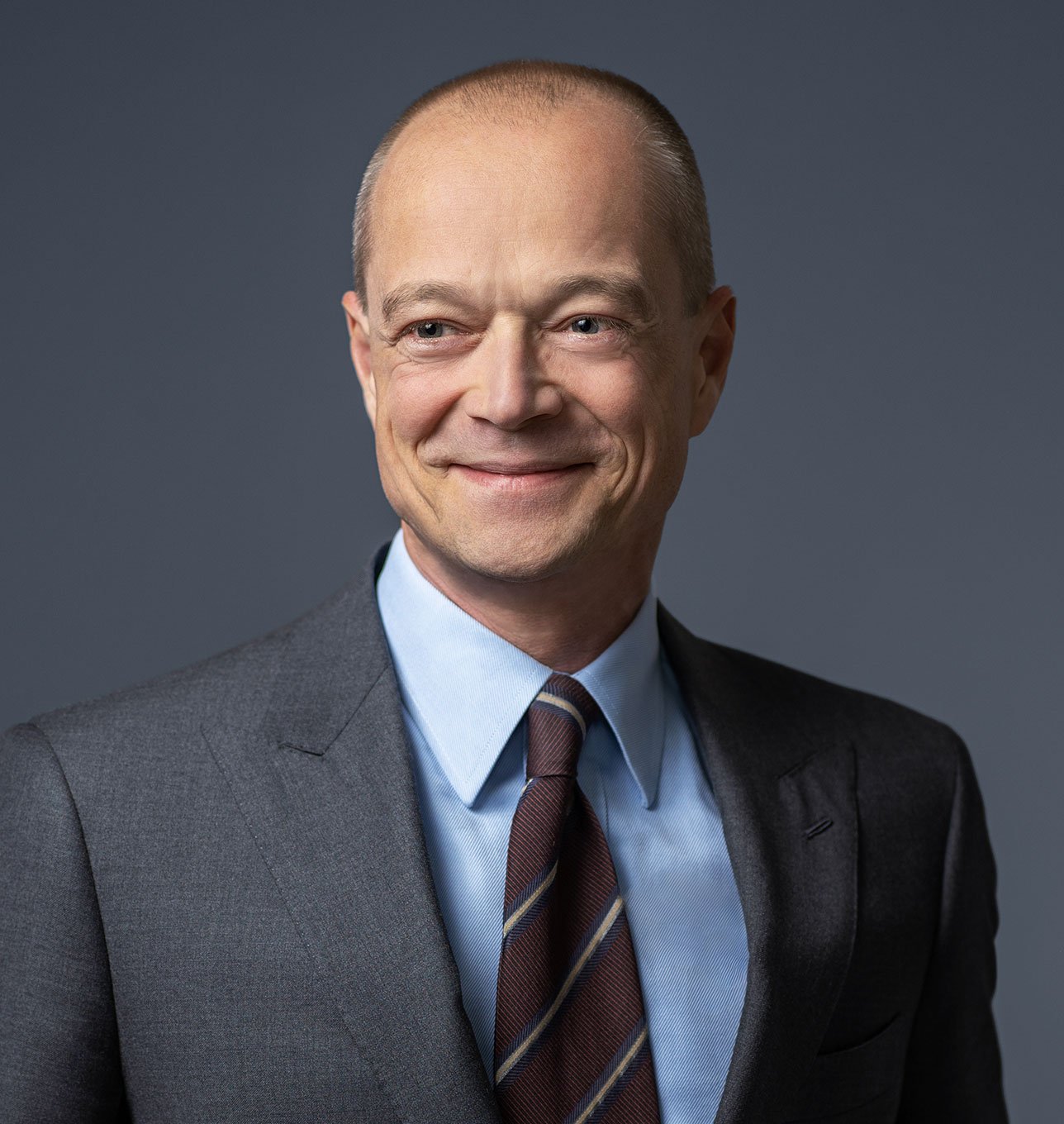

Overview
Mayer Brown’s Patent Litigation practice has the breadth and depth of experience to assist clients in all facets of protecting their business processes and patents. Mayer Brown successfully represents both plaintiffs and defendants in patent litigation in a variety of forums. We regularly represent diverse clients from Fortune 500 companies to emerging companies in cases involving patents that cover a wide range of methods and products. We have experience litigating matters in an assortment of industries including: computer software and hardware, financial services, pharmaceutical, information technology, electrical and mechanical engineering, nanotechnology, media, publishing, music, entertainment, biotechnology, and chemistry, among others.
As a result of our long-standing representation of innovators and technologically advanced companies, Mayer Brown’s IP litigators have the breadth and depth of experience to assist clients in all facets of protecting their business processes and patents. Broad-based in scope, our practice is poised to provide aggressive advocacy at both the trial and appellate level. We have brought and defended patent lawsuits and proceedings in federal district and appellate courts throughout the US, including the Court of Appeals for the Federal Circuit and the US Supreme Court, in the US Patent Office Board of Appeals and Interferences, the International Trade Commission, and the Court of Arbitration of the International Chamber of Commerce.
Pharmaceutical and Biotechnology Litigation
Disputes that center on pharmaceutical, chemical, medical device and biotechnology patents are a particular area of strength in our patent litigation practice. We excel at Hatch-Waxman Act and other patent litigation, where we have successfully represented innovator pharmaceutical companies against generic manufacturers and other defendants alleging non-infringement, patent invalidity, inequitable conduct and antitrust violations. In addition, we have a strong focus on business method patents, having represented Fortune 100 companies and other corporate clients in cases involving patents that cover a wide range of methods and products.
Our approach to providing patent strategy, patent portfolio development, and prosecution services is focused on teamwork, both with our clients and within our firm. We work closely with our clients to understand their business needs and goals and to establish a structured process that promotes the development of effective patent strategies. We also work closely with our international offices, including our colleagues in Europe and Asia, to maximize the global scope of our clients’ patent coverage. This is a key strength of our practice.
Technology and Telecommunications Litigation
We represent many of the world’s largest technology and telecommunications companies in patent cases involving a wide range of methods, systems and products. Clients in this area include leaders in computer technology, semiconductors, and telecommunications. We have successfully handled matters involving a wide range of technologies including radio frequency chips, electronic control technology for DVD players and televisions, semiconductor chips used in DVD players and computer peripherals, and smart cards. Our lawyers’ advanced degrees and practical work experience as engineers, technologists and scientists enable us to approach these cases without an extensive learning curve that may otherwise stymie the dispute resolution process.
Appellate Experience
With the nation’s oldest and largest Supreme Court & Appellate practice, Mayer Brown is highly experienced at handling intellectual property cases in the Supreme Court and in the Federal Circuit. The unparalleled scope of our appellate experience means great efficiency and effectiveness for our clients at every level of the appellate process. Reflecting our capabilities, Mayer Brown patent litigators have won precedent-setting cases before the US Supreme Court and in the Federal Circuit Court of Appeals.
Antitrust Experience
Leveraging patent rights for competitive advantage frequently brings about claims for antitrust violations. Our Antitrust & Competition practice works seamlessly with the IP team to assist clients in prevailing against antitrust attacks. Our antitrust and IP teams regularly collaborate to help clients assess options when confronting infringers. In some instances, this integrated team collaborates well in advance of a decision to sue for infringement to determine what antitrust and misuse risks could arise in litigation – not only in relation to the strength of the infringement claim itself, but also arising from patent prosecution or licensing terms. Assessing these risks, and identifying ways to counter them, allows our clients to make fully-informed decisions on whether to pursue enforcement litigation. Because any decision to sue needs to be informed also by consideration of the endgame, we carefully review possible settlement scenarios to ensure any agreement is consistent with our clients’ business goals. Equally important, we are mindful of the potential for raising new antitrust issues – as, for example, through restrictions on the infringer’s conduct or particular terms in a license accompanying the settlement. By carefully navigating the tricky terrain of antitrust exposure, we position clients to make infringement litigation decisions that best accomplish their business goals.






